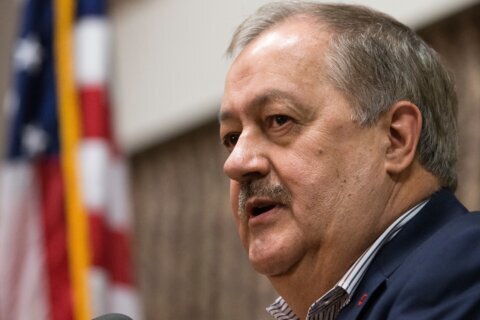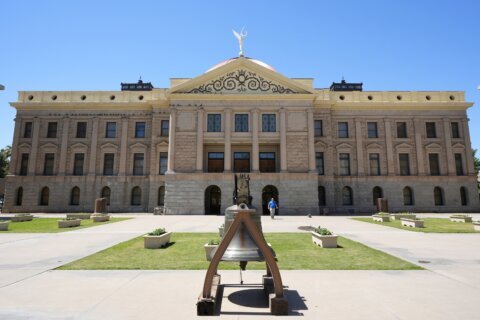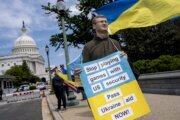WASHINGTON (AP) — Russia’s war against Ukraine, the lingering coronavirus pandemic and the damage of climate change are putting intense pressure on the world’s poorest, the Organization for Economic Cooperation and Development warned Monday.
The Paris-based OECD reported that 60 states, territories and locations fell last year into the category of “fragile contexts” — meaning they were exposed to economic, environmental, social and political risks that they didn’t have the capacity to absorb. And that was before Russia invaded Ukraine and intensified their burdens.
Monday’s report designated the most places in such dire straits since the OECD began issuing its States of Fragility report in 2015. The 60 account for 24% of the world’s population, 73% of those living in extreme poverty, 80% of those who died in conflicts and the vast majority of the world’s “hunger hotspots.” And they are home to 95% of the record 274 million people the United Nations says need humanitarian assistance.
“We are in an era defined by multiple crises, shocks and uncertainty,” the OECD said.
Only one in three people in fragile places have received COVID vaccines, compared with three of four in the relatively wealthy 38 OECD countries.
The organization noted that the 60 fragile states account for just 4% of global emissions but “are feeling the brunt of climate-related natural disasters.
The OECD said the five most fragile countries last year were Somalia, South Sudan, Afghanistan, Yemen and the Central African Republic. And three countries — Benin, Timor-Leste and Turkmenistan — were newly added to the list of fragile states last year; none were removed.
Copyright © 2024 The Associated Press. All rights reserved. This material may not be published, broadcast, written or redistributed.







